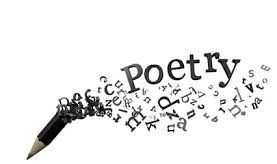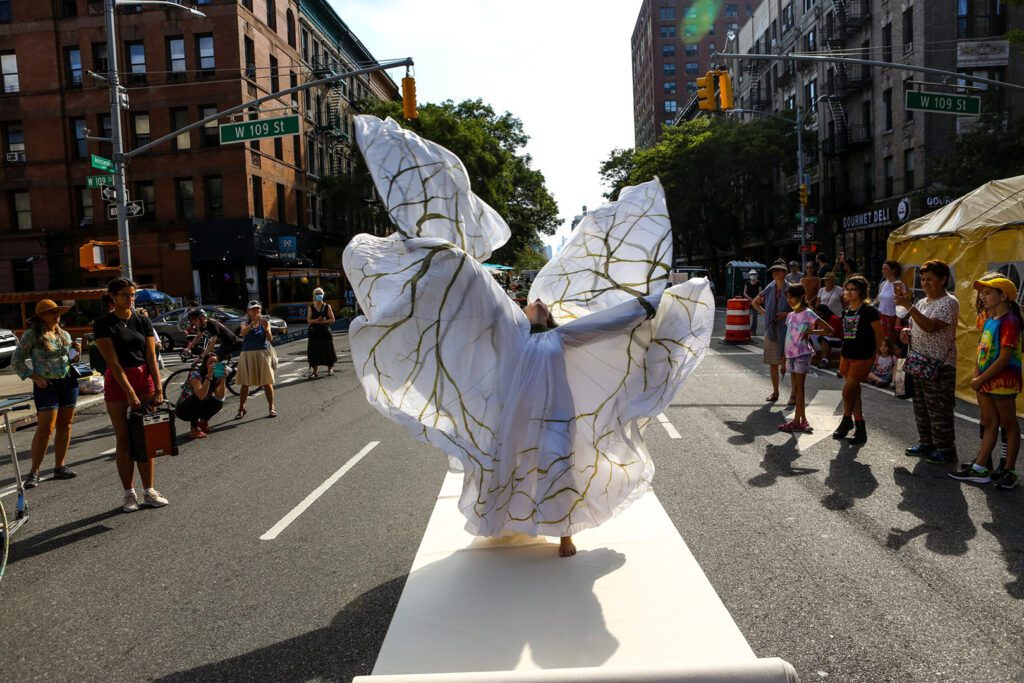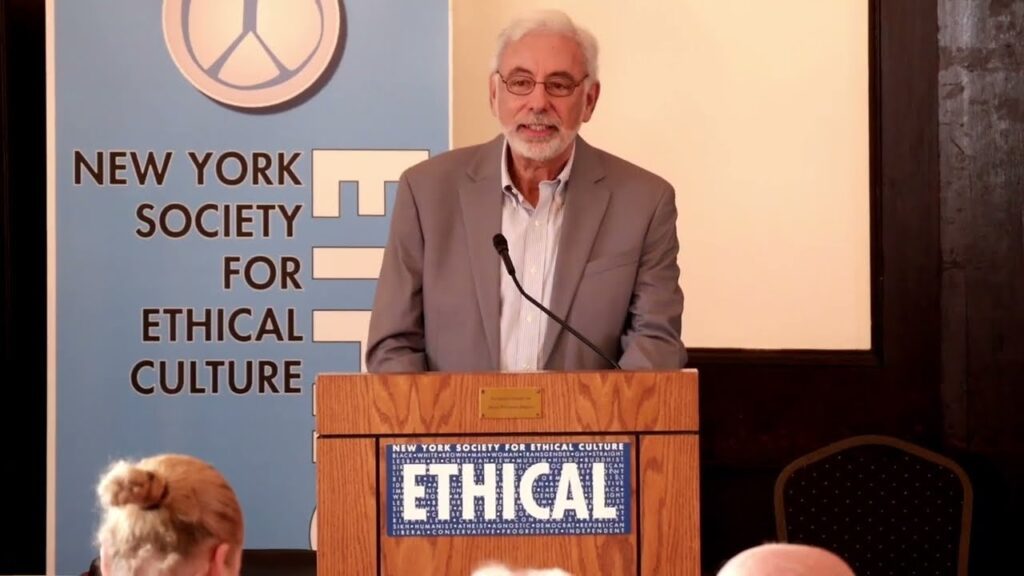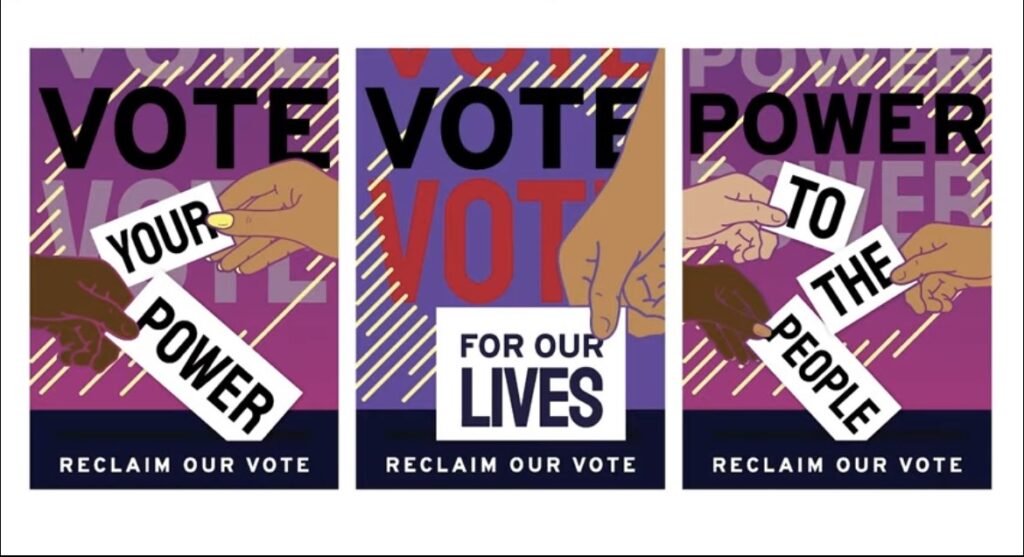
My favorite month is here again – April, when, thanks to the Academy of American Poets, which founded National Poetry Month in 1996, we celebrate poets and poetry. I love poetry, as anyone who knows me knows. I begin and end almost every Sunday platform address I deliver with a poem, and a bag of poems hangs from my office door with an invitation to reach in and take out a handful. Poem in Your Pocket Day is on April 18, so be sure to stop by. On this day, the Academy suggests that you select a poem, carry it with you, and share it with others at schools, libraries, parks, workplaces, street corners, and on social media using the hashtag #pocketpoem. I learned about this practice from my children’s elementary school and remember them gleefully telling me, “You can even stop Principal Heaney in the hall and ask him to read you a poem!”
Here are some ideas from the Academy of how you can get involved:
- Start a “poems for pockets” giveaway in your school, workplace, or apartment building
- Urge local businesses to offer discounts for those carrying poems
- Post pocket-sized poems in public places
- Memorize a poem
- Add a poem to your email footer
- Post lines from your favorite poem on the social media of your choice
- Send a poem to a friend
For some people, poetry is challenging, which is to say they just don’t like it or understand it, especially if it doesn’t rhyme. There is a fear of poetry that poet Jane Cooper suggests is “Because it demands full consciousness; it asks us to feel and it asks us to respond. Through poetry we are brought face to face with our world and we plunge deeply into ourselves, to a place where we sense, [as poet Muriel Rukeyser wrote] ‘the full value of the meanings of emotions and ideas in their relations with each other, and. . . understand. . . in the glimpse of a moment, the freshness of things and their possibilities.’”
In his essay, “How to Read a Poem,” Edward Hirsch writes “Reading poetry well is part attitude and part technique. Curiosity is a useful attitude, especially when it’s free of preconceived ideas about what poetry is or should be. Effective technique directs your curiosity into asking questions, drawing you into a conversation with the poem.” First, we look at the title, which may give us an image or association; then the shape of the poem, how long the lines are and how they are grouped. When we finally read the poem, word by word, Hirsch suggests we do so aloud. “Listen to your voice, to the sounds the words make.” Reading aloud can be uncomfortable because of the misconception that we should understand a poem after we first read it.
In his poem, “January Morning,” William Carlos Williams wrote a verse addressed to his wife:
All this—
was for you, old woman.
I wanted to write a poem
that you would understand.
For what good is it to me
if you can’t understand it?
but you got to try hard—
He speaks to the poet’s dependence upon his reader to enter the conversation and make a connection.
It is that connection that I find “spiritual.” Recently I met with a student at Columbia University where I serve as Humanist Religious Life Adviser. We were discussing different experiences of spirituality, and I heard myself telling him that, as much as I love walks in the park and listening to music, it is poetry that goes beyond the mundane for me, making it a transcendent experience.
Give it a try this month. Stop by my office and take home a handful of poems.







